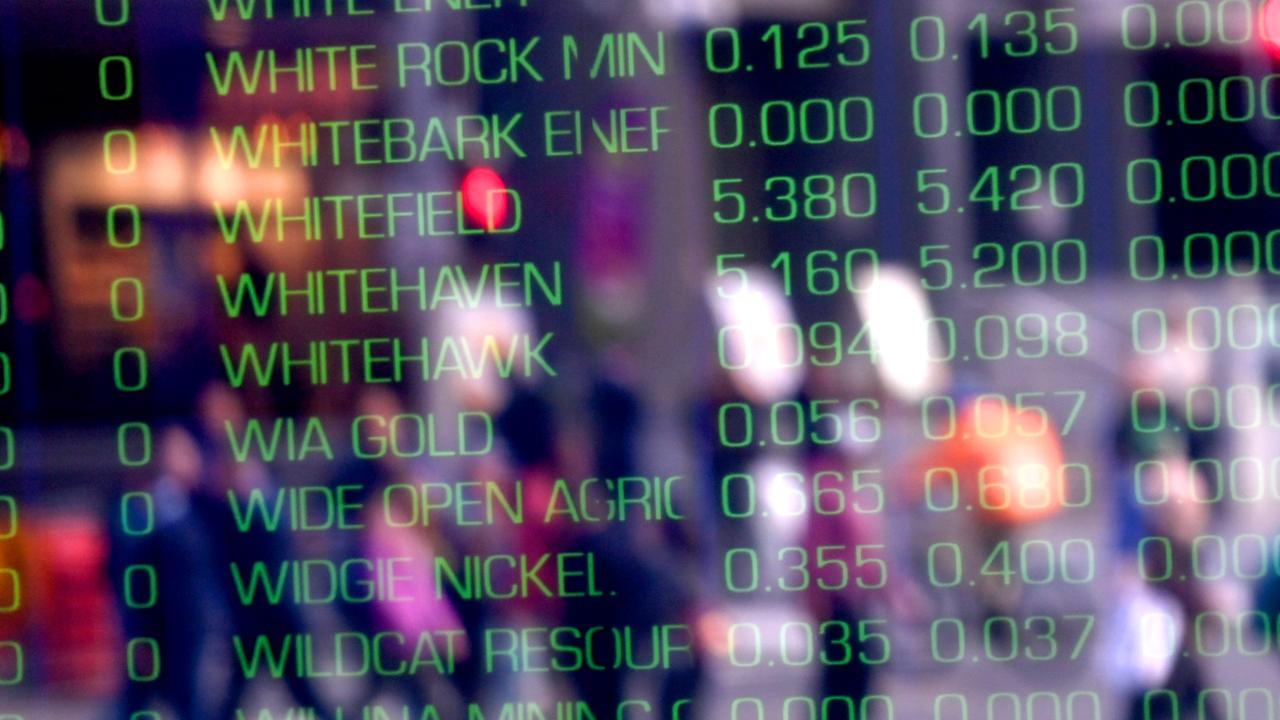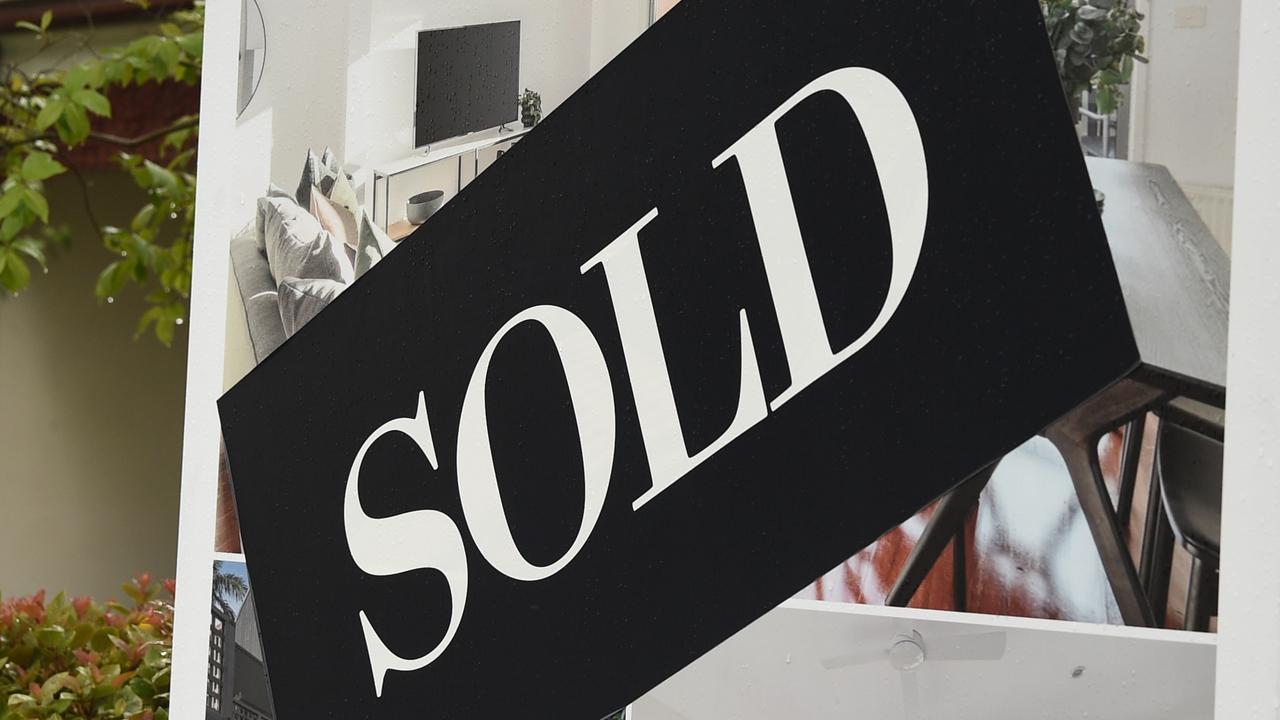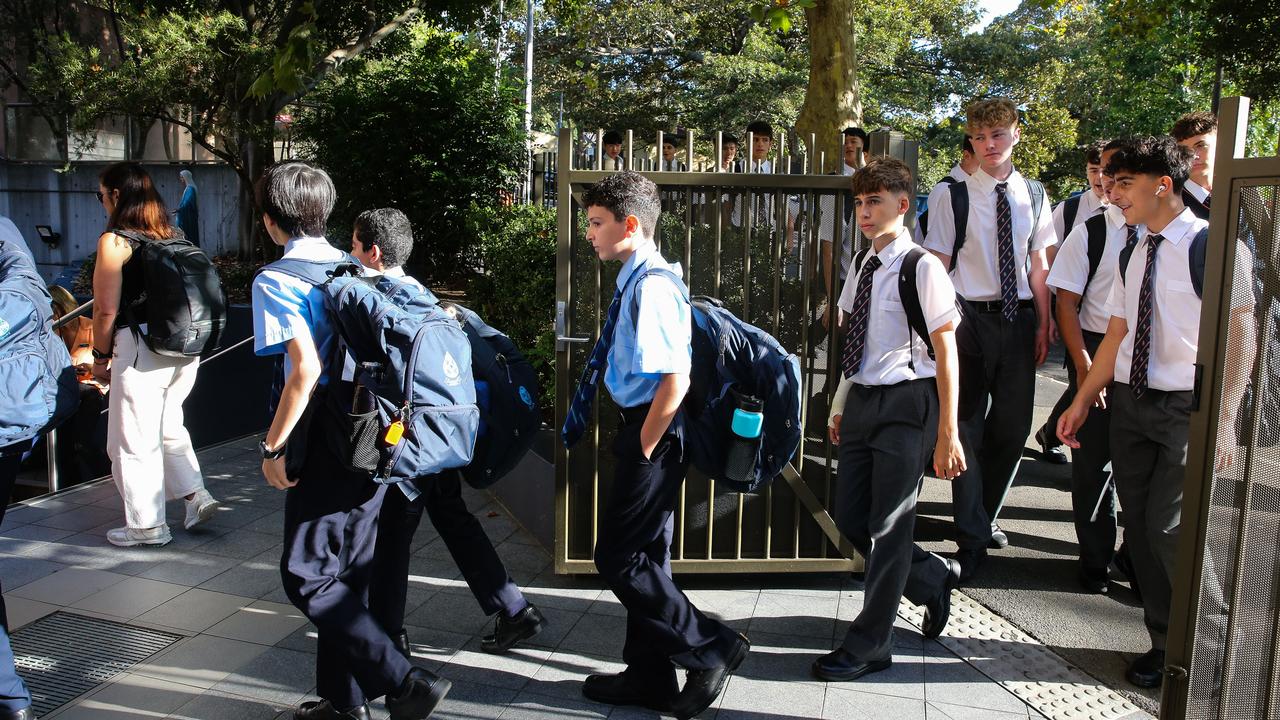Big change by RBA will increase house prices, says new report
If record low interest rates don’t help the economy, the RBA will resort to desperate measures. But this could contribute to a looming housing bubble.
As interest rates edge towards zero, the central bank is running out of room to help stimulate the country’s slowing economy.
Reserve Bank of Australia governor Philip Lowe has already said he’s less keen to let rates fall into negative, which means he will need to look at alternative levers of monetary policy.
He has hinted he would be more likely to use quantitative easing rather than let rates fall below zero, which is effectively the RBA encouraging consumer spending by printing more money and pumping it into the economy.
But a new report from market researchers Ibis World has warned this unconventional monetary policy would make getting a loan more feasible and therefore push housing prices higher.
This is an issue because although the national market experienced a downturn in the last two years, prices have began surging again in the second half of the year.
Melbourne and Sydney are at the beginning of a housing bubble by recording month-on-month growth of more than 1 per cent, according to Corelogic.
RELATED: RBA risks being ‘its own worst enemy’ by cutting rates
RELATED: ‘We’re almost out of ammo’: RBA considering ‘extreme measures’
RELATED: ‘No room to move’: Graph exposes economy’s ‘risky’ gamble
Ibis World senior industry analyst Michael Youren says the direction of the RBA appears to be buying debt to feed more money into the economy combined with the possibility of negative cash rates.
“While it is unlikely that retail banks will pass negative rates on in the form of charging interest on deposits and paying customers to take out loans, these measures will likely lead to lower interest rates charged on mortgages,” he said.
“Borrowers would be able to service interest on larger loans, and this would likely mean that banks will allow customers to borrow more money. Greater borrowing capacity would continue to inflate property values.”
Mr Youren also said quantitative easing-style methods will decrease the value of investments in term deposits and make housing assets more attractive.
But economists and housing market experts are less convinced.
SQM Research founder Louis Christopher said it was likely the Australian Prudential Regulation Authority would respond to further monetary stimulus by clamping down on lending restrictions to tame the housing market.
“Quantitative easing could indeed create a housing bubble if the regulators and the powers that be are not careful because what we’re doing effectively is reducing the cost of borrowing to buy housing,” he told news.com.au.
“And the housing market, in our country at least, is highly sensitive to the level of interest rates and the cost of borrowing as well as having access to that finance in the first place.
“But to say that all quantitative easing would do is lift housing prices, I don’t think that’s true.”
Both Mr Christopher and AMP chief economist Shane Oliver said similar monetary measures used in the United States and Europe did not result in a surge in housing prices.
“I understand the logic when you use monetary policy you cut interest rates and that has the effect of making bank deposits less attractive so people then search for alternatives,” Dr Oliver told news.com.au.
“Some of that money might have gone into the property market just as some of it went into the share market, I have no doubt that that phenomenon has been occurring.”
But he said those deposits are being pushed lower by falling cash rates, not quantitative easing (QE).
“QE is not negative interest rates, QE is something specific that involves increasing the narrow money supply,” Dr Oliver said.
“Some of that may find its way into the property market but there’s not a lot of evidence of that in Europe and the US.”
Dr Oliver has predicted the RBA will cut rates another two times into the start of next year, and it would only then look to quantitative easing as a “last resort”.
“Ideally we would get some fiscal stimulus to generate a more assured impact on the economy, but in the absence of fiscal stimulus then the pressure comes back on the Reserve Bank,” he said.
“And then they would undertake QE, which would be in the early part of next year.”
But Dr Oliver said sooner or later the Morrison government will need to step up and relieve the economy through infrastructure spending.
“Monetary policy is like pushing on a string after a while, it does help people with mortgages but I don’t think it’s going to provide the same boost that it has in the past,” he said.
“It be better off undertaking early fiscal stimulus, but the government doesn’t seem to be rushing in that direction.”
Do you think quantitative easing will help the economy? Comment below @James_P_Hall | or get in touch at james.hall1@news.com.au




